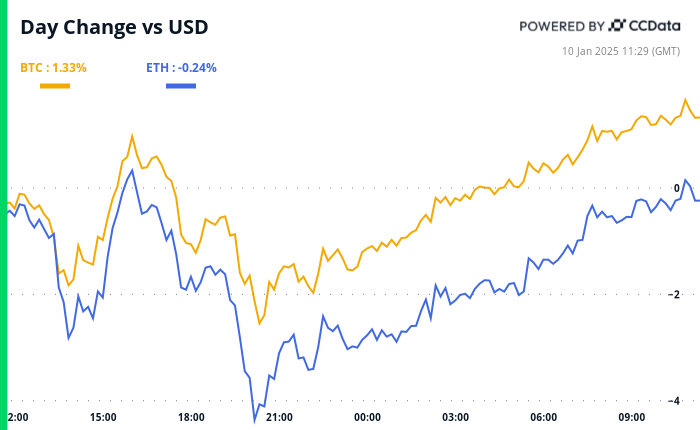- Cryptocurrency has been declared a financial product by South Africa’s financial watchdog.
- The SA government is also looking into applying exchange controls to crypto and licensing traders operating in the country.
- South Africa’s Reserve Bank has made it plain that regulations will come sooner rather than later.
Looks like we’re one step closer to full-on cryptocurrency regulation and adoption in South Africa.
On Wednesday evening the Financial Sector Conduct Authority (FSCA), the public financial watchdog, announced that it had classified cryptocurrency assets as financial products making way for the digital tokens to be regulated in the country.
The proclamation was put forth in a notice in the government gazette titled “Declaration of a crypto asset as a financial product under the financial advisory and intermediary services act.”
While brief, the notice also expands on the government’s future plans regarding cryptocurrencies, including applying exchange controls to tokens and the licensing of crypto trading companies operating in South Africa like Luno and Binance.
Cryptocurrency, blockchain-enabled digital money products, have long been reviled and praised in equal measure. Initially theorised by the mysterious Satoshi Nakamoto in a whitepaper outlining the creation of Bitcoin, the first digital token, cryptocurrencies have become a modern mainstay of finance.
By virtue of its completely decentralised nature, countries around the world have wracked their brains on how to regulate the virtual money and adopt it to their benefit. In Africa, the adoption of crypto has been another leapfrog technology.
Last year, Nigeria launched the continent’s first central bank digital currency in the eNaira. However, adoption by regular citizens has been slower than expected by the country’s federal government.
Earlier this year, the Central African Republic announced that it was the second country on Earth aside from El Salvador to adopt bitcoin as legal tender.
Domestically, the South African Reserve Bank (SARB) has been planning regulatory measures for cryptocurrencies since 2020. In May, SARB deputy governor Kuben Naidoo told Reuters that regulation for crypto might come into force within nine to 15 months.
SARB apparently wishes to limit the theft, money laundering and undermining of existing monetary policy through regulation and that an unregulated ubiquitous token could “weaken the authority of the central bank.”
With around 10 percent of adults in South Africa reportedly owning some form of cryptocurrency, the sooner regulations take hold the better for the SARB. Expect other mainstay financial institutions to begin offering crypto products in the near future.
[Image – André François McKenzie on Unsplash]
Read More: htxt.co.za









 Bitcoin
Bitcoin  Ethereum
Ethereum  Tether
Tether  XRP
XRP  Solana
Solana  Dogecoin
Dogecoin  USDC
USDC  Cardano
Cardano  Lido Staked Ether
Lido Staked Ether  TRON
TRON  Avalanche
Avalanche  Sui
Sui  Wrapped stETH
Wrapped stETH  Toncoin
Toncoin  Chainlink
Chainlink  Shiba Inu
Shiba Inu  Wrapped Bitcoin
Wrapped Bitcoin  Stellar
Stellar  Hedera
Hedera  Polkadot
Polkadot  WETH
WETH  Bitcoin Cash
Bitcoin Cash  LEO Token
LEO Token  Uniswap
Uniswap  Litecoin
Litecoin  Pepe
Pepe  Hyperliquid
Hyperliquid  Wrapped eETH
Wrapped eETH  NEAR Protocol
NEAR Protocol  USDS
USDS  Ethena USDe
Ethena USDe  Internet Computer
Internet Computer  Aptos
Aptos  Aave
Aave  Mantle
Mantle  MANTRA
MANTRA  POL (ex-MATIC)
POL (ex-MATIC)  Render
Render  Cronos
Cronos  Ethereum Classic
Ethereum Classic  Monero
Monero  Bittensor
Bittensor  Artificial Superintelligence Alliance
Artificial Superintelligence Alliance  Dai
Dai  Tokenize Xchange
Tokenize Xchange  Virtuals Protocol
Virtuals Protocol  Filecoin
Filecoin